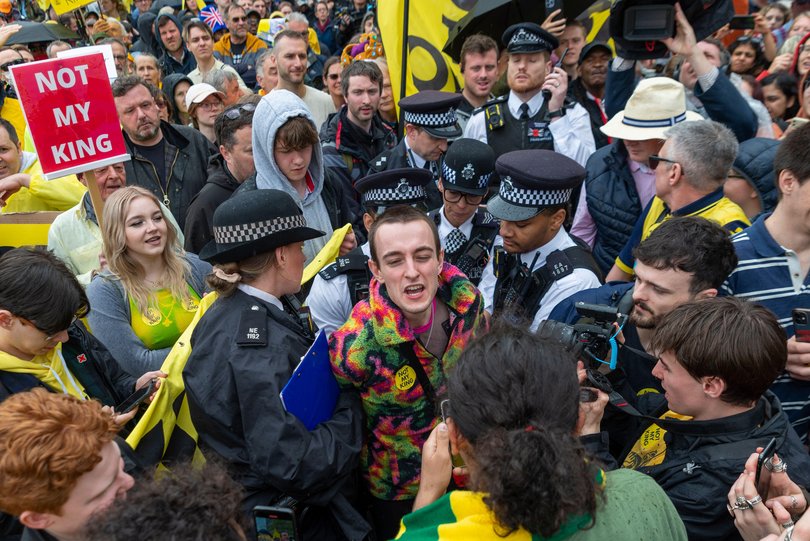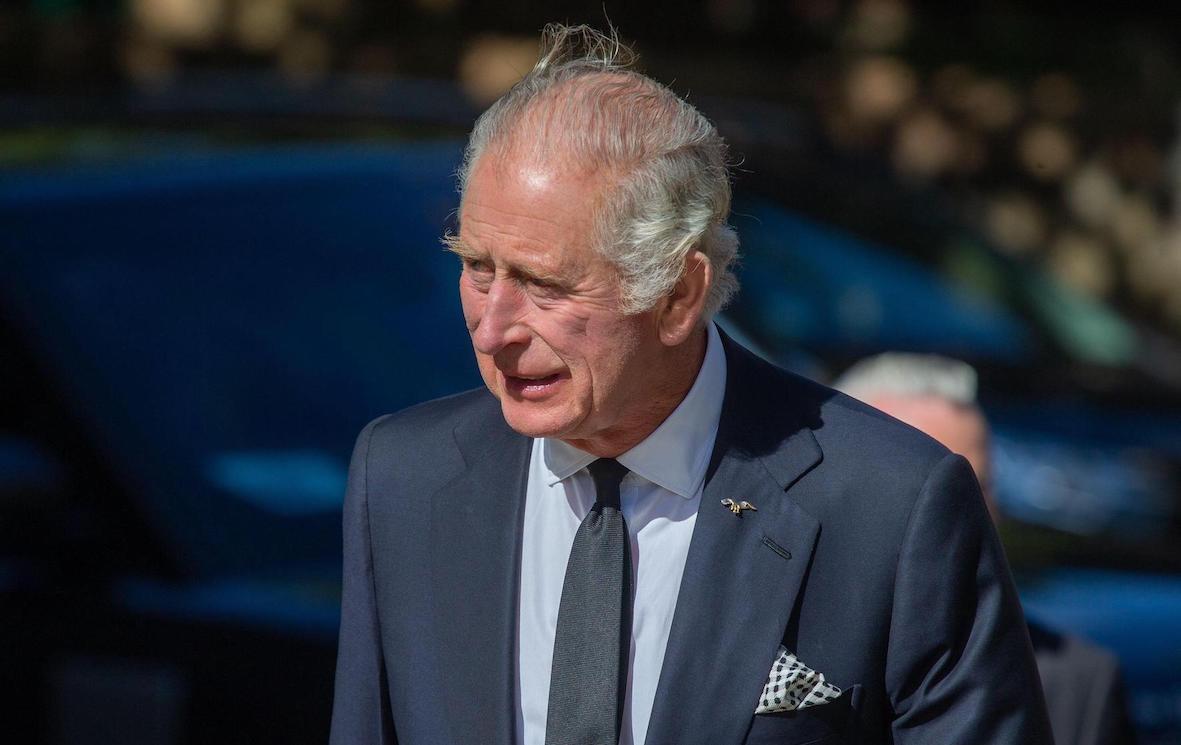28bn pledge drop: Labour bites its tail
The decision to renounce a vitally needed and widely popular policy doesn't make any sense - electorally or economically.
There are two explanations for Labour’s painful, tortuous u-turn on its pledge to spend 28bn a year on green investment if elected. One is the explanation provided by Labour itself: the Tories wrecked the economy and the country can no longer afford it. The other is electoral: Labour is as terrified as ever of being cast as the tax-and-spend party, a position it assumes UK voters reject always and forever. So it’s trying to convince its hypothetical voter that it is in fact a “fiscally responsible” party - as much as the Tories if not more so - or it risks falling short of power yet again, giving Conservatives another five years in office.
Neither explanation holds water. Economically, the opposite is true: if it is to remain competitive, or even liveable, the UK needs to spend even more to make up for the dismal consequence of Tories' slash (services) and spend (on cronies). This is true in every department - our roads are a joke, our trains are a nightmare, our health service wait lists are getting close to a decade long (for some), and our kids are relying on the charity of their teachers for sustenance; even the army, traditionally the darling of far-right governments, is being cut so fast it’ll soon fit inside a single stadium. It’s especially true about our green infrastructure, and doubly so after Rishi Sunak’s wobbles scared off much needed investment - like car manufacturers, briefly lured by our broken pledges on electric vehicles. European energy leaders polled recently on Labour's erstwhile plan were near-unanimous in declaring it will bring far more opportunity than risk to British markets; they appear to have been ignored.
And the move doesn’t even make sense electorally. The Mirror reckons Starmer is “scarred” by 1992, when Tory attacks on Labour spending plans helped bring about a narrow Tory win, despite forecasts of either a narrow Labour majority or a hung parliament. But today is not 1992. The forecasts vary between a large Labour majority and a humongous one; between a landslide and an off-the-scale tectonic shift in British politics. This suggests that voters are turning around despite their long-held stereotypes of the two main political parties.
Fortunately, we also have the data to show that on taxation, voters prioritise greater government spending over tax cuts. We know that in general, concerns about national debt have become far less pressing than the state of public services; as Steve Akehurst point out on his Substack, concerns about government borrowing fell from 3rd to 8th place among voters priorities since 2013; only 16% percent retain this issue as their top concern. In mid January, we learned that 55% of those already planning to vote Labour - the same voters forecasted to give Starmer his mammoth majority - want Labour to raise taxes and invest more in services; and that one in five still clinging on to the Conservative flotsam want the next government to do the same. And just the other week, in a poll primarily commissioned to scare Tories into going even more berserk on immigration, more than half Conservative voters said they want the next government to spend more on public services even if this rules out tax cuts - and that 79% of Labour voters agree with them, bringing the total majority in favour of further spending to 62%. If this is not a mandate for a policy, we don’t know what is.
Labour’s strategy of sailing close to the wind has paid of so far, polling-wise. But cutting one of the voters’ most favoured policy pledges for no convincing economic or electoral reason does not make it sound like the party of change, on the verge of steering the country through a much-needed change of direction. To borrow a phrase from Starmer’s most successful predecessor as opposition leader, it sounds weak, weak, weak. It won't make people vote Conservative, and it might not even keep many people away from the polls altogether - although Starmer and company appear to be underestimating the importance of keeping their base genuinely enthusiastic and motivated, at their long-term peril. But Labour is wilfully throwing out a rare chance to acquire a gigantic electoral mandate for the kind of aggressively green policy the UK and the world desperately need. Winning with the pledge is categorically different as a political narrative from winning after having ditched it. The move is calculated to increase Labour’s majority and giving Labour a stronger momentum and greater public trust to govern both ambitiously and responsibly. It’ll probably end up having the opposite effect.
(D.R)
The Lead is now on Substack.
Become a Member, and get our most groundbreaking content first. Become a Founder, and join the newsroom’s internal conversation - meet the writers, the editors and more.





